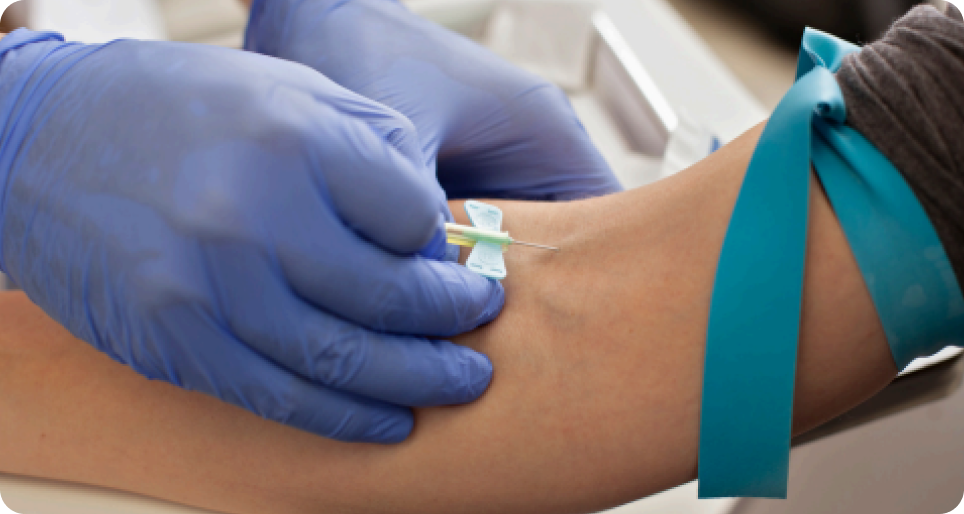How Is Low Testosterone Diagnosed?
How Is Low Testosterone Diagnosed?
If you’re experiencing symptoms of low testosterone, the next step is diagnosing the condition, medically known as “hypogonadism.” To identify the type of hypogonadism you may have, we’ll order specific lab tests prior to your consultation. Your initial consultation will include a thorough review of these labs:
Key Labs for Diagnosis
Total testosterone level:
Measures the total amount of testosterone in your body.
Free testosterone level:
Identifies the testosterone that is actively available in your blood.
Sex Hormone Binding Globulin (SHBG)
Assesses how much testosterone is actually available in your blood.
FSH and LH
Evaluates hormone levels to help determine the type of hypogonadism you may have.
Additional Lab Tests
PSA (Prostate-Specific Antigen):
Screens for prostate cancer.
Estradiol:
Checks estrogen levels.
Lipid panel:
Monitors cholesterol levels.
Thyroid panel:
Screens for thyroid dysfunction, which can mimic low testosterone symptoms.
Vitamin D Levels:
Identifies deficiency, which can contribute to fatigue.
CBC (Complete Blood Count):
Assesses overall blood health, particularly hematocrit levels, which are important for testosterone therapy.
CMP (Comprehensive Metabolic Panel):
Provides a detailed view of your body’s metabolic health.
Important Notes
- Labs are billed separately consult fee is $200, the additional LAB fee if we draw is $175. This fee is non-refundable.
- Lab orders can be sent to a local outpatient lab free of charge, but insurance coverage is not guaranteed, and we are not responsible for any out-of-pocket expenses.
Let us help you get answers and take the first step toward feeling your best!

Next Steps: What Happens After Your Labs Are Back?
Once your lab results are ready, we’ll schedule your initial consult (typically 30-60 minutes and conducted in person). During this consultation, we will:
Review and Discuss Your Lab Results
Go over your test results in detail and explain what they mean.
Discuss Your Specific Symptoms of Low T
Address the issues you’ve been experiencing and how they align with low testosterone.
Review Your Medical History
Ensure you have no contraindications for treatment.
Create a Personalized Treatment Plan
Discuss options based on your lab results, medical history, and individual goals.
Talk About Side Effects and Benefits
Provide a clear understanding of what to expect from the chosen therapy.
Explore Therapy Alternatives
If necessary, we’ll discuss other treatment options that could work for you.
Answer All Your Questions
We’ll make sure you’re fully informed about the side effects, risks, and benefits of treatment. You’ll receive a detailed document prior to your consult to review this information.
Consultation Cost
- The consultation fee is $200 and non-refundable. This fee applies whether or not you move forward with medication.
- A $50 deposit is required at the time of booking. This deposit is non-refundable if you cancel within 24 hours of your appointment or if there’s a no-call/no-show.
- If your consultation is completed, the deposit will go toward the total cost.
We’re here to guide you through the process and create a treatment plan tailored to your needs. Let’s get started on your journey to feeling better!
